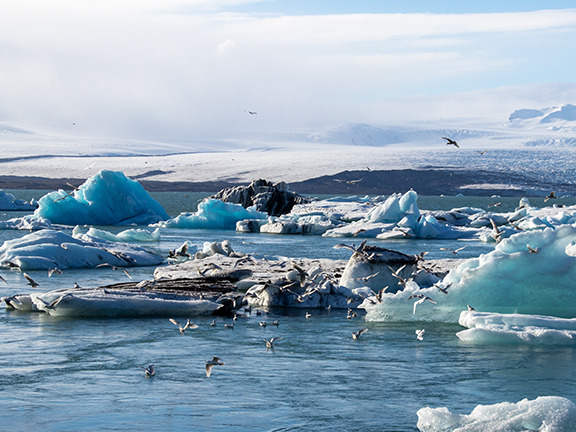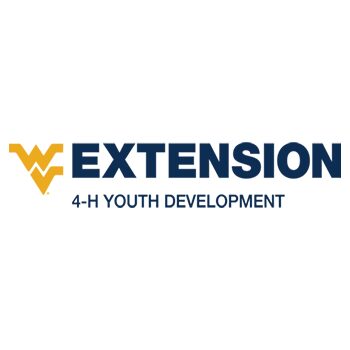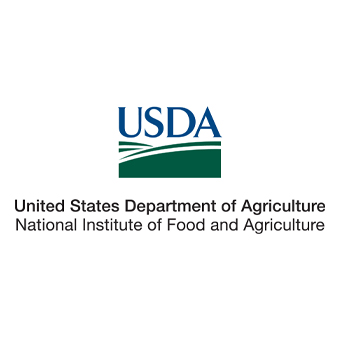Navigating Ocean Ice Sea Levels





Brought to you by University West Virginia Extension/4-H and USDA's National Institute of Food and Agriculture.

Climate March
Not started